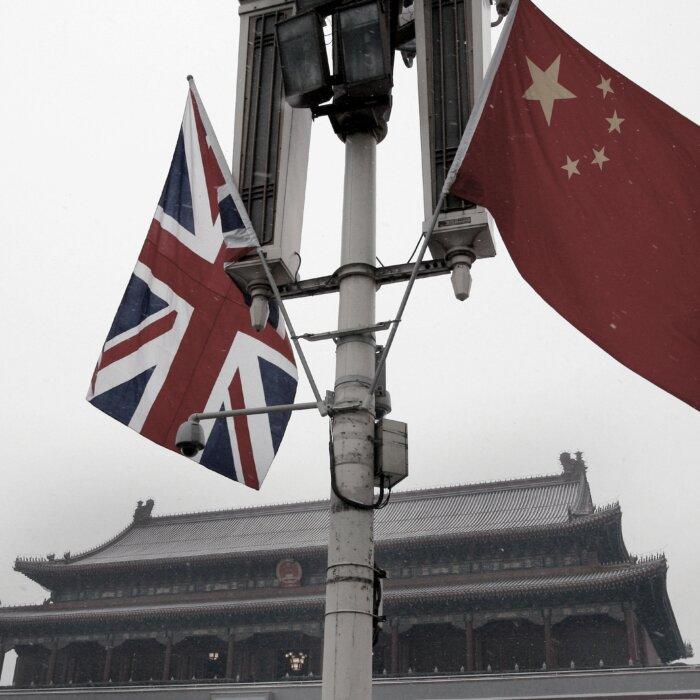Academics in British universities could be vetted under the government’s plan to protect sensitive research from hostile states.
The plan was floated on Thursday as MI5 Director General Ken McCallum and National Cyber Security Centre (NCSC) Interim Chief Executive Officer Felicity Oswald briefed vice-chancellors from 24 leading institutions, including the University of Oxford, the University of Cambridge, and Imperial College London, on academic security threats.
University chiefs were warned that hostile states are targeting sensitive cutting-edge technology that can help boost their military and economic capabilities.
The briefing is one of the steps announced by Deputy Prime Minister Oliver Dowden on April 18 when he warned of academic and economic security risks that come with trading with despotic regimes such as communist-controlled China.
He announced plans on Thursday for a consultation on a package of measures, which could include looking at key university personnel being given security clearance and a strengthened process to improve the transparency of funding.
The measures will be focused on a small proportion of academic work, with a particular focus on research with potential dual uses in civilian and military life.
The NCSC and the National Protective Security Agency have also launched a new tool to help universities assess their own research security.
Following Thursday’s security briefing, Mr. Dowden said: “For a millennium, our universities have thrived on being open—open to ideas, open to innovation, open to being independent of government.
“This is not about erecting fences, this is about balancing evolving threats and protecting the integrity and security of our great institutions,” the deputy prime minister added.
Michelle Donelan, the science and technology secretary, said she believes universities are “on the front lines of a battle for information.
“Maintaining the UK’s world-leading reputation as an academic superpower relies on having strong safeguards to protect research from those who wish to do us harm,” she said.
Tim Bradshaw, chief executive of the Russell Group of leading research universities, said its members take their national security responsibilities “incredibly seriously” and are already working closely with government and the intelligence community to help protect UK breakthroughs in fields such as artificial intelligence.
He also said universities recognise that they need the right expertise and intelligence to “keep pace” with the “dynamic and evolving challenge.”
Universities UK chief executive Vivienne Stern also said it has worked with the government on the issue for several years, and welcomes the government’s approach to “working hand in hand” with universities.
Also on Thursday, The Epoch Times highlighted activities of the UK Higher Education Chinese Employees Association (HECEA), which sparked fresh concerns over Beijing’s Military-Civil Fusion strategy and its tech transfer via a web of private companies and professional social networks.
The group, which appears to be primarily functioning as a networking platform that provides support and academic exchange among members, is one of many similar groups that have allegedly been co-opted by the Chinese regime to advance its goals.
Attendants of an event held by the group in 2023 were presented with job opportunities at a university that is closely linked to China’s military.
They were also introduced to projects facilitated by a company linked to China’s top manufacturers of rockets, satellites, and missiles.
In July 2023, the Intelligence and Security Committee of Parliament said the Chinese communist regime has managed to overtly “penetrate every sector of the UK’s economy” through takeovers, mergers, and interactions with British academia and industry.







